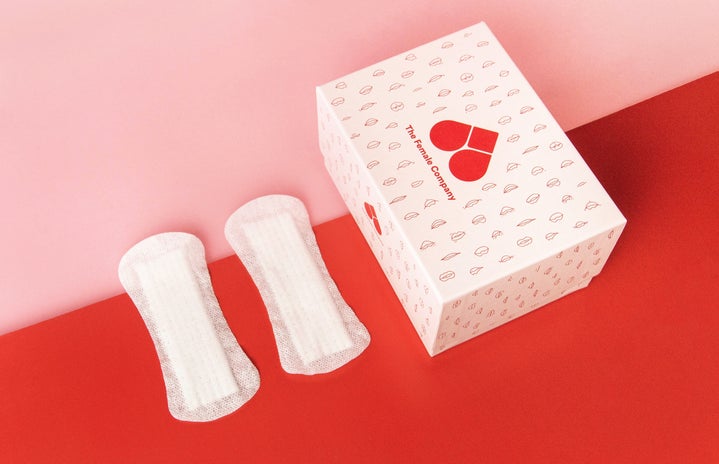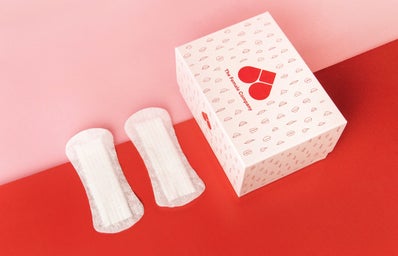In April of 2019, Gemma Del Carmen, a sophomore senator in the Student Government Association at Catholic University, proposed a bill for menstrual equity, which requires that pads and tampons be provided by the university in all academic buildings. Senator Del Carmen’s bill passed unanimously and has been in the hands of Catholic University’s administration since its passing. In September, the College Democrats at Catholic University invited Congresswoman Grace Meng to address menstrual equity as an opportunity for education the topic while also creating a dialogue for the bill to be taken into consideration with the start of a new academic year.
Grace Meng is a current congresswoman in the United States House of Representatives, representing New York’s Sixth Congressional District. Meng is the first Asian American woman to be elected for Congress from New York. The daughter of immigrants, Meng rose to her occasion by becoming a lawyer and previously serving as a member of the New York State Assembly. With all her accomplishments, it may come as a shock that she is known as the “period lady” on capitol hill after demanding that menstrual equity be talked about, especially in Capitol Hill.
“When your period comes, does it come discreetly? Does it wait for when you get to the bathroom? Our periods do not wait for us. They come,” Meng asked when addressing an audience of over one hundred students in attendance. For Congresswoman Meng, access to safe, affordable menstrual products is not just about comfort, but it is healthcare. Menstrual equity is a human right.
It was not until high school girls from Queens came to Representative Meng that the congresswoman was made aware of what menstrual equity truly is and means for the health of the uterus. They taught her that one in every five American girls will either leave school early or miss school entirely because of the lack of access to menstrual products. Everyone who has ever had a period will eventually experience the embarrassing shock that runs through your body in the middle of class, a train ride, or a conference when you realize – Shoot! I forgot it was coming. And that leads to the inevitable anxiety of having to access the quickest bathroom and pad or tampon possible.
While for some this may be a simple inconvenience that shows how valuable menstrual equity is, for many it is the reality and the burden of having a period. Statistics show that nearly 25 million women live below the poverty line, but menstrual products are not covered by food stamps. Thirty-four states still tax tampons and pads. Young people with special needs and disabilities are disproportionately hidden from resource access and clean facilities for menstruation. When talking about menstrual equity in prisons, Meng said that women told horror stories about “having to show a used pad in order to be granted a new one,” which the congresswoman described as “the dignity of the person being compromised or denied simply because of her situation.”
While the bill passed unanimously, it is up to the administration of Catholic University to sign this bill into action, and it is the hope of the majority of the university that this comes to fruition. This bill could radically improve the quality of life for students, faculty, staff members, workers, and visitors alike. Workers and students are already overwhelmed with demands. Menstrual inequity can be devastating. A period is stressful enough – severe and nauseating cramps, uterine disorders like endometriosis, trouble sleeping, body aches, and more – which is why the access to a pad or tampon should be the last thing a person should worry about.
Menstrual equity is not only access to some pads and tampons in public bathrooms in emergencies, but it is an all-encompassing approach to take a true stand in healthcare. When someone gets their period, it does not excuse itself and wait. And when you have to take care of your body, you deserve the best quality to do so – the best quality pads, the best quality tampons, and the best quality time in accessing these resources. Menstrual equity means supplying these products in bathrooms, while also meaning a comprehensive education on periods, as well. How is someone to care for women’s healthcare and uterus health if they know nothing about it? The period is a bodily phenomenon half the population will never begin to understand or experience, so why not educate everyone on the period and the value of taking control of a period? The period is the life-giver in anatomy. It is time we treat it with the care and respect it deserves.



